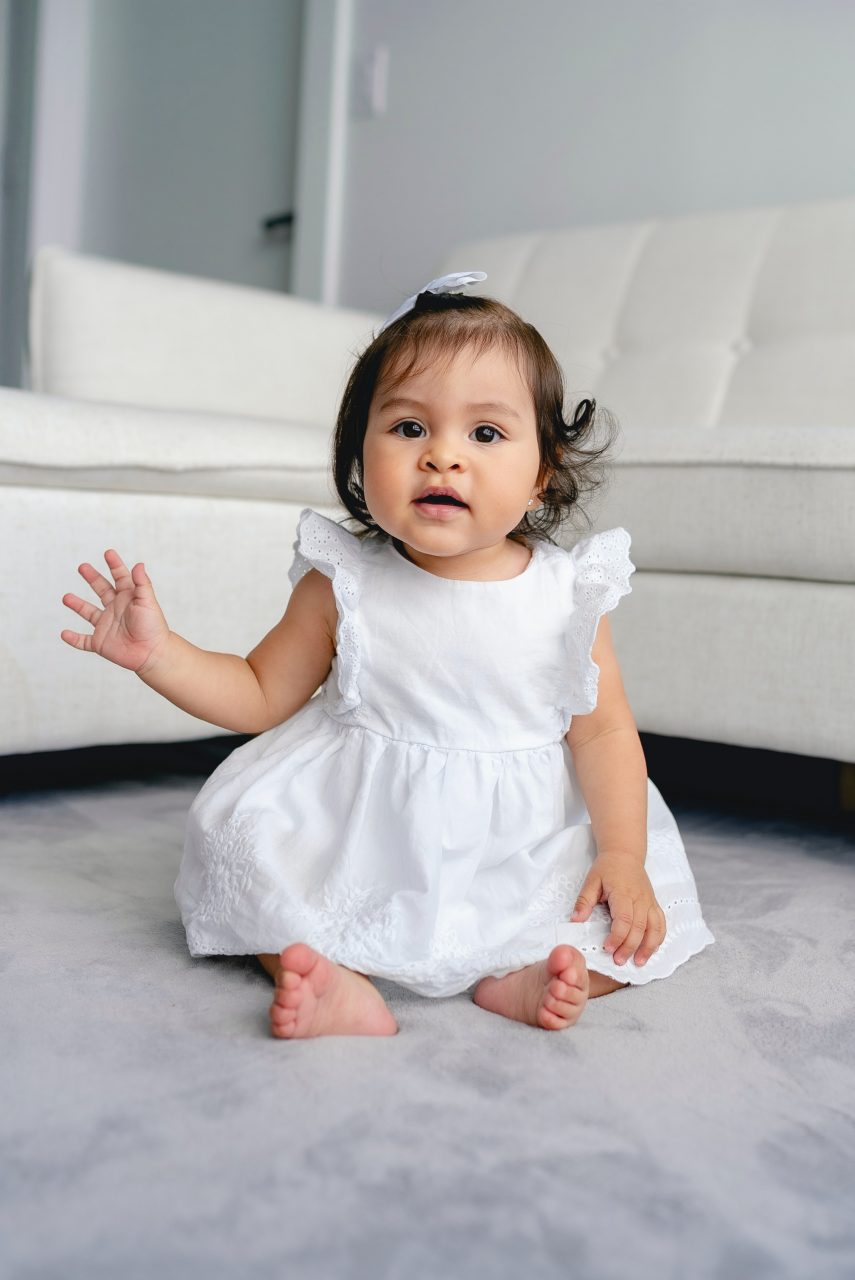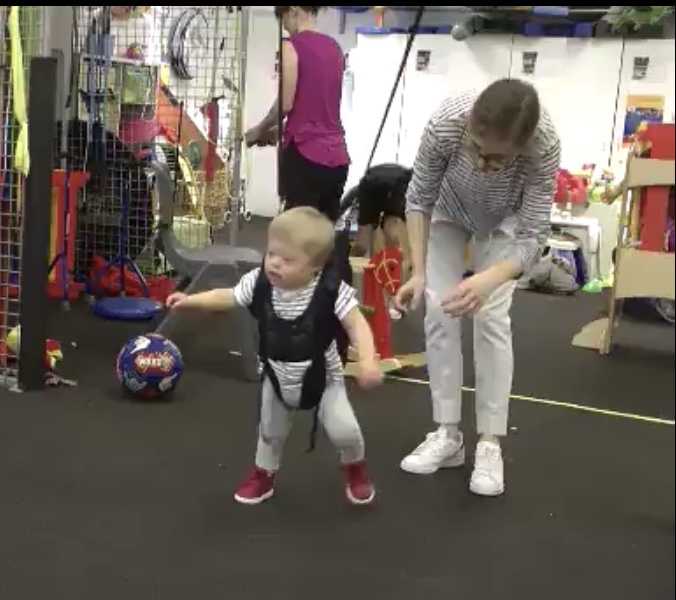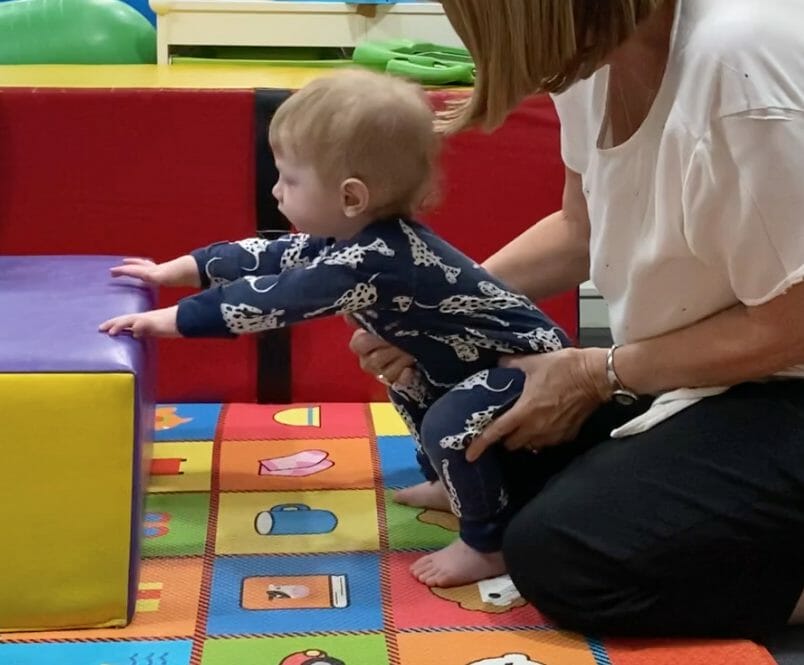Deb’s Key Takeaways:
- Increasing gross motor skills and strength in sitting/standing allows hands to be free for play.
- Increasing eye-hand coordination allows play with smaller objects.
- Development of two-handed play in preparation for activities of daily living.
Things that may affect fine motor development:
- Delayed gross motor skills.
- Poor vision.
- Poor hand strength.
- Delays in coordination development.
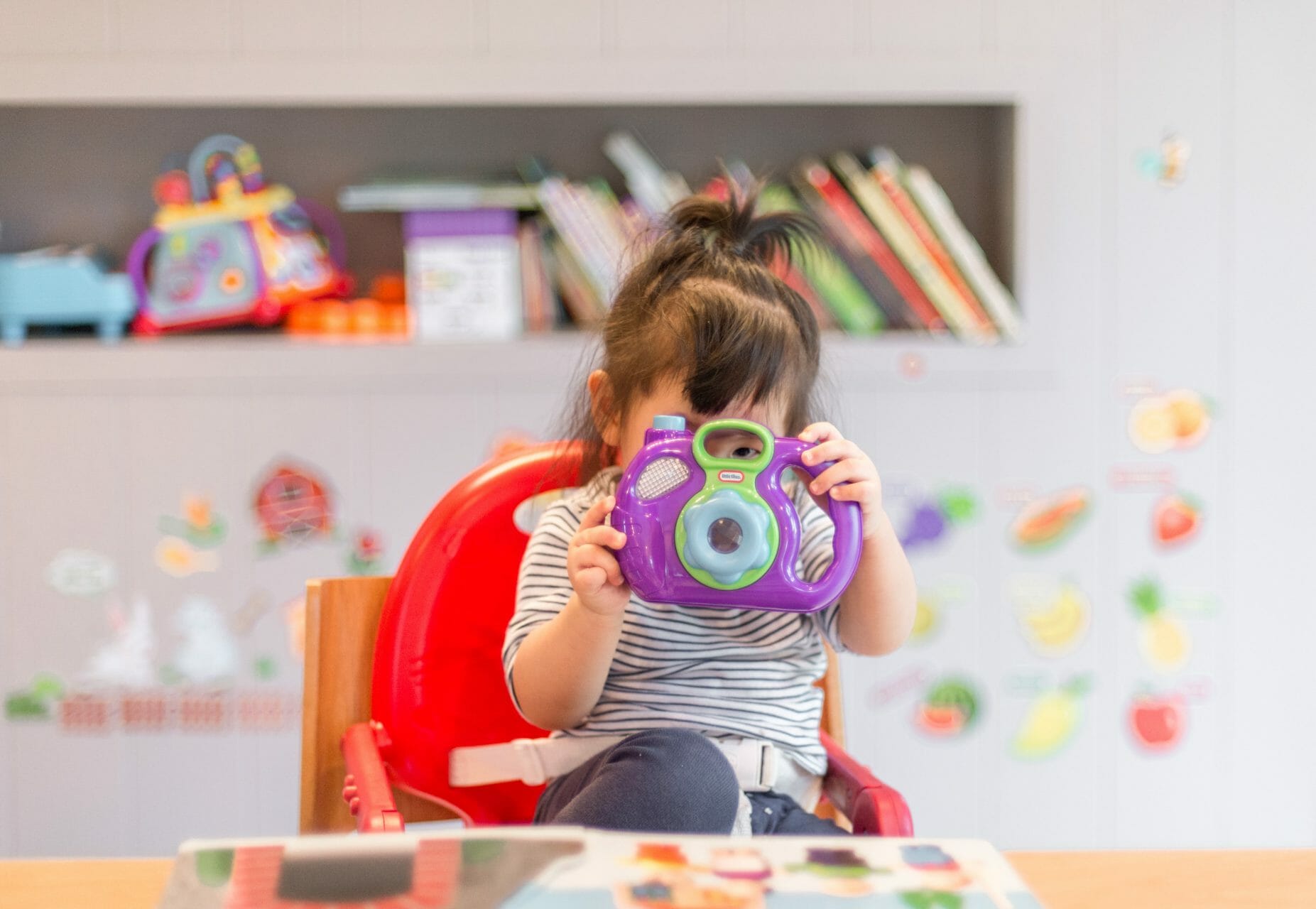
- This allows:
- Self-feeding small pieces of food.
- Can explore an object in one hand.
- Develops hand skill and strength.
- Development of touch in sensitive tips of fingers.
- Preparation of hand for tasks of daily living.
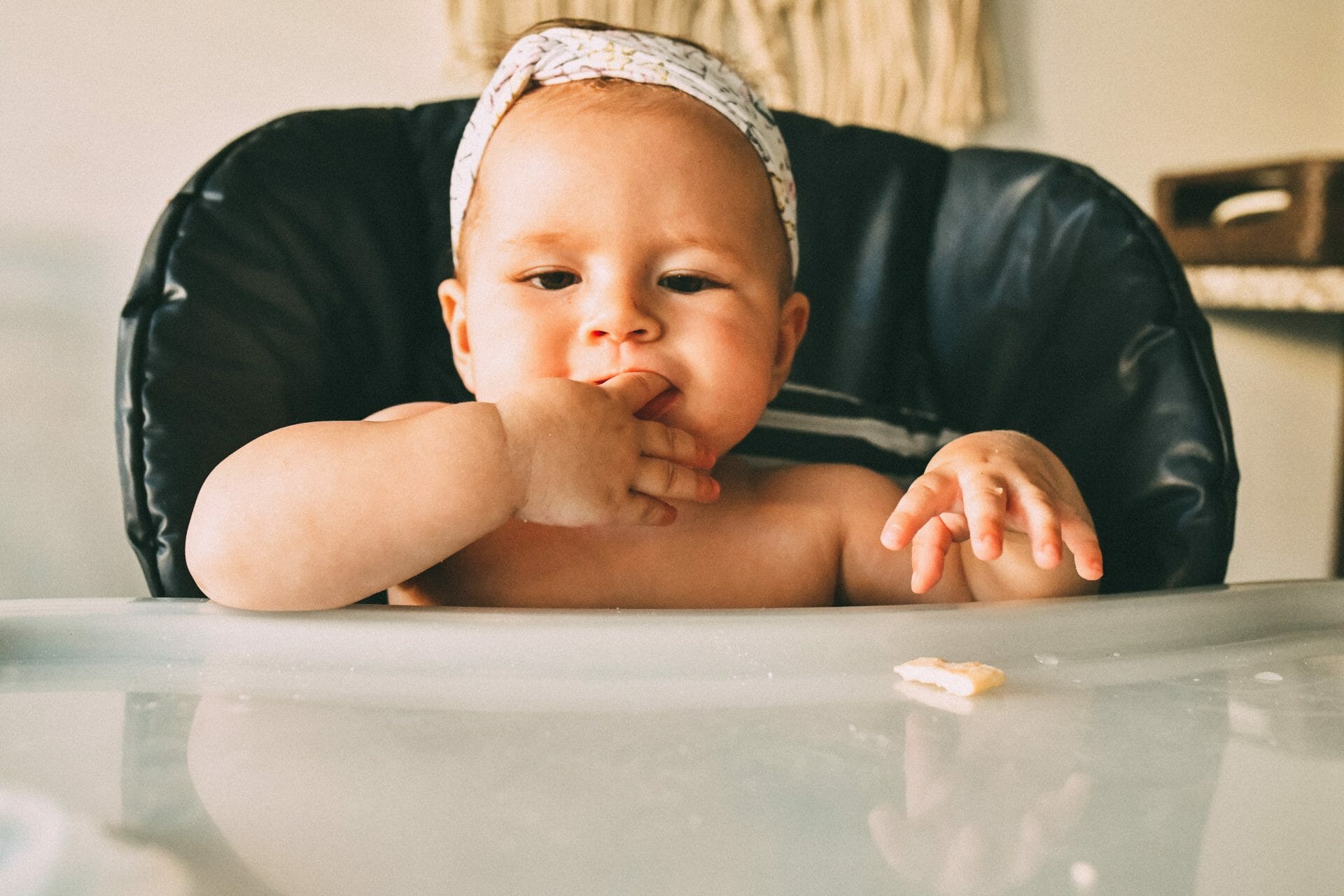
- Holds objects in two hands –
- Development of the skill to use both hands together.
- Development of use of hands in the midline (front of body).
- Strengthening of hands and arms for more independent skills.
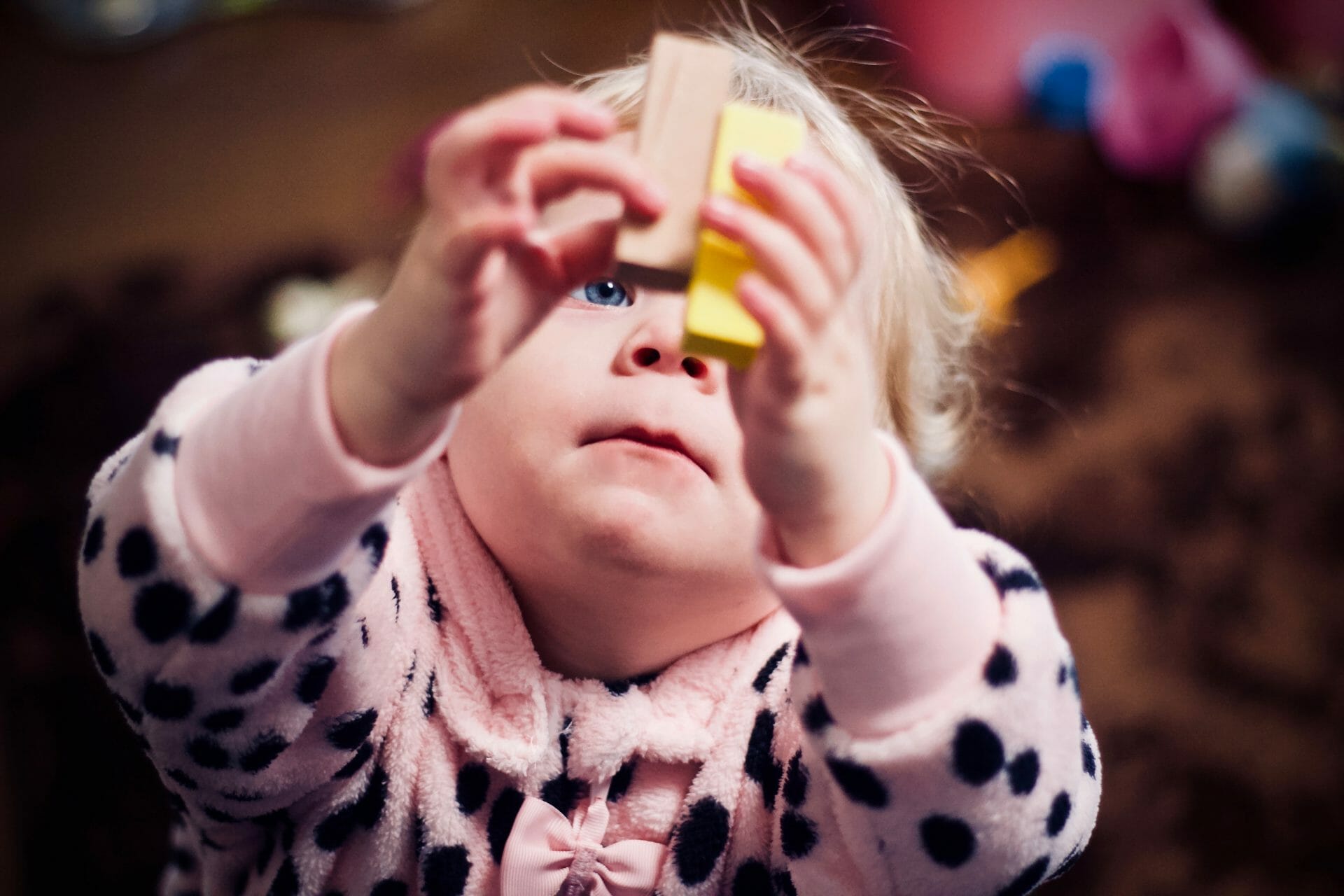
- Turns palm face upwards –
- Development of turning hands up allows more control for self-feeding.
- Allows exploring toys in hands.
- Prepares the baby’s hands for more complex fine motor skills.
- Two-handed play and independent use allows babies to:
- Bang objects together.
- Clap hands.
- Prepare hands for activities of daily living, e.g. dressing/eating.
- Explore objects with two hands, e.g. undoing lids, etc.
- Promotes learning and problem-solving.
- Voluntary release.
- Give objects to parent/carer.
- Promotes eye-hand coordination.
- Develop block and container play.
- Turn pages of a book while holding.
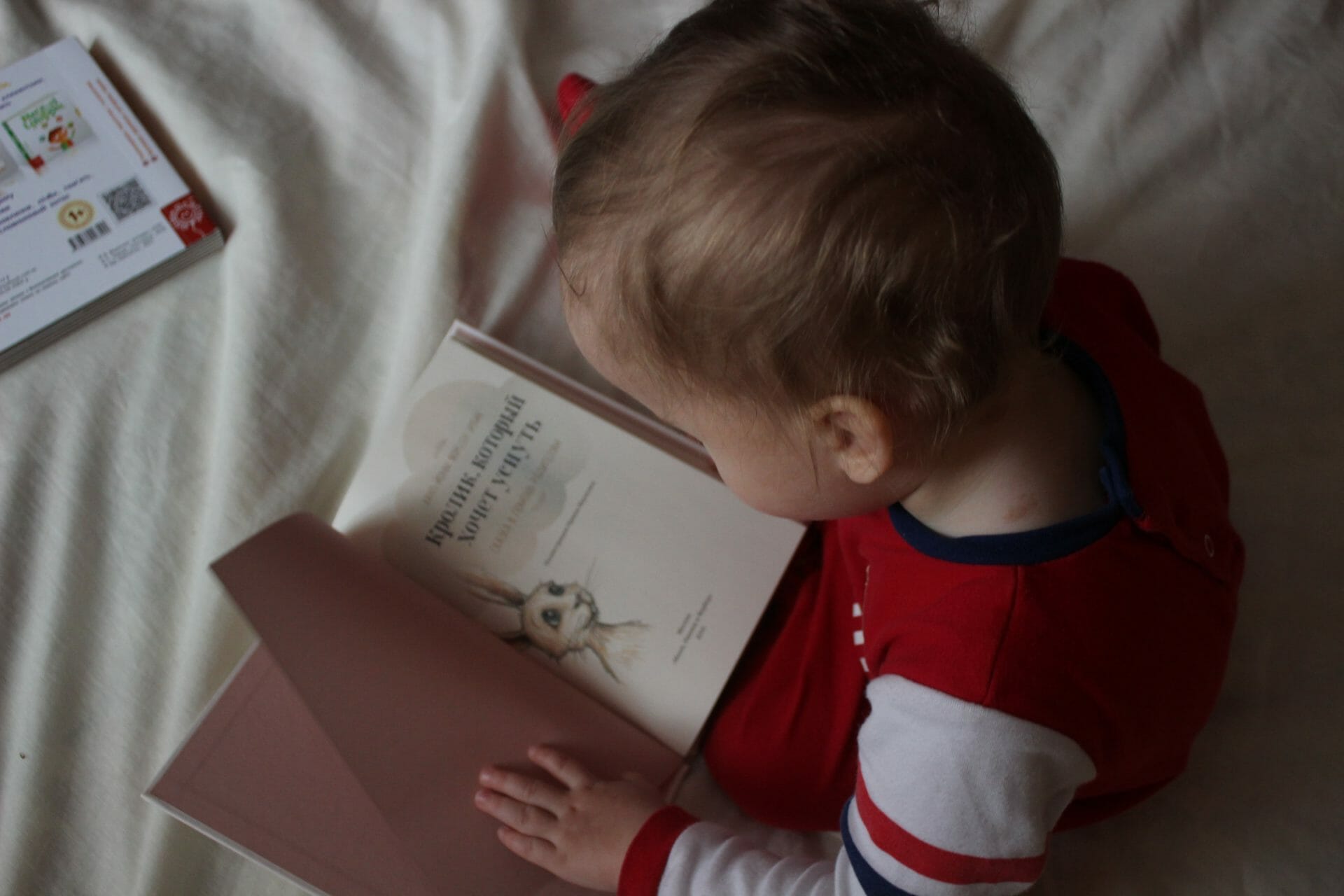
6-9 months
- Give them small pieces of food to develop pincer grasp.
- Give them toys to bang/drum/hammer, etc.
- Give them a bottle to hold.
- Help them move an object from hand to hand.
- Long handled toys are easier to move from one hand to the other.
- Give them toys with ribbons, etc to pull.
- Give them toys that you have to pull pieces out of.
- Give them a toy in each hand – blocks, small rattles, etc.
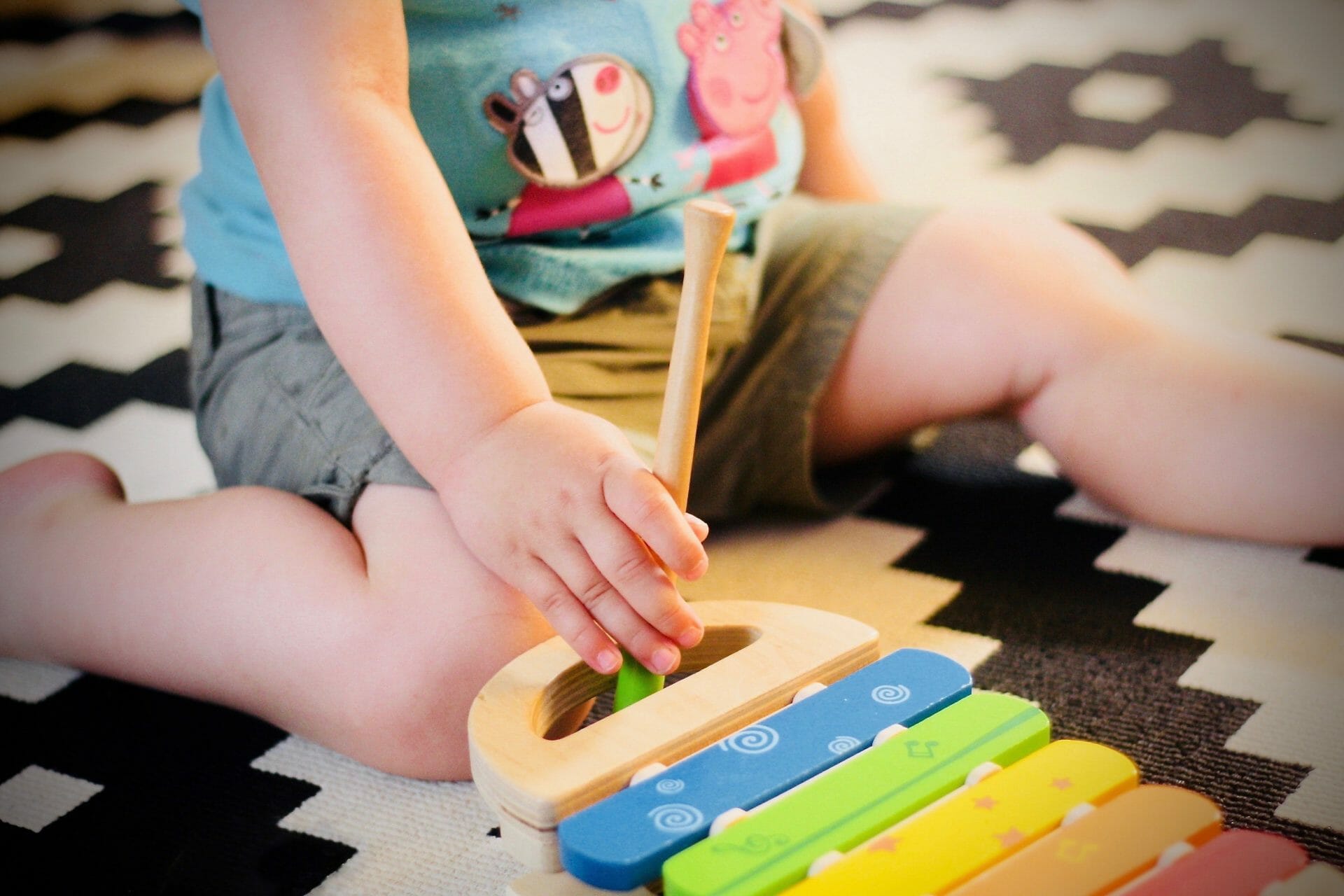
9-12 months
- Help your baby point at body parts.
- Cause and effect toys that you can operate by using a finger.
- Help them turn light switch on/off.
- Blow bubbles for them to pop.
- Give a crayon.
- Point at objects in books with them.
- Help them turn pages of a book.
- Give them containers and toys to put in/take out.
- Blocks to stack.
- Spoon for self-feeding.
- Give them toys to screw/unscrew.
- Offer single puzzle pieces/posting toy.
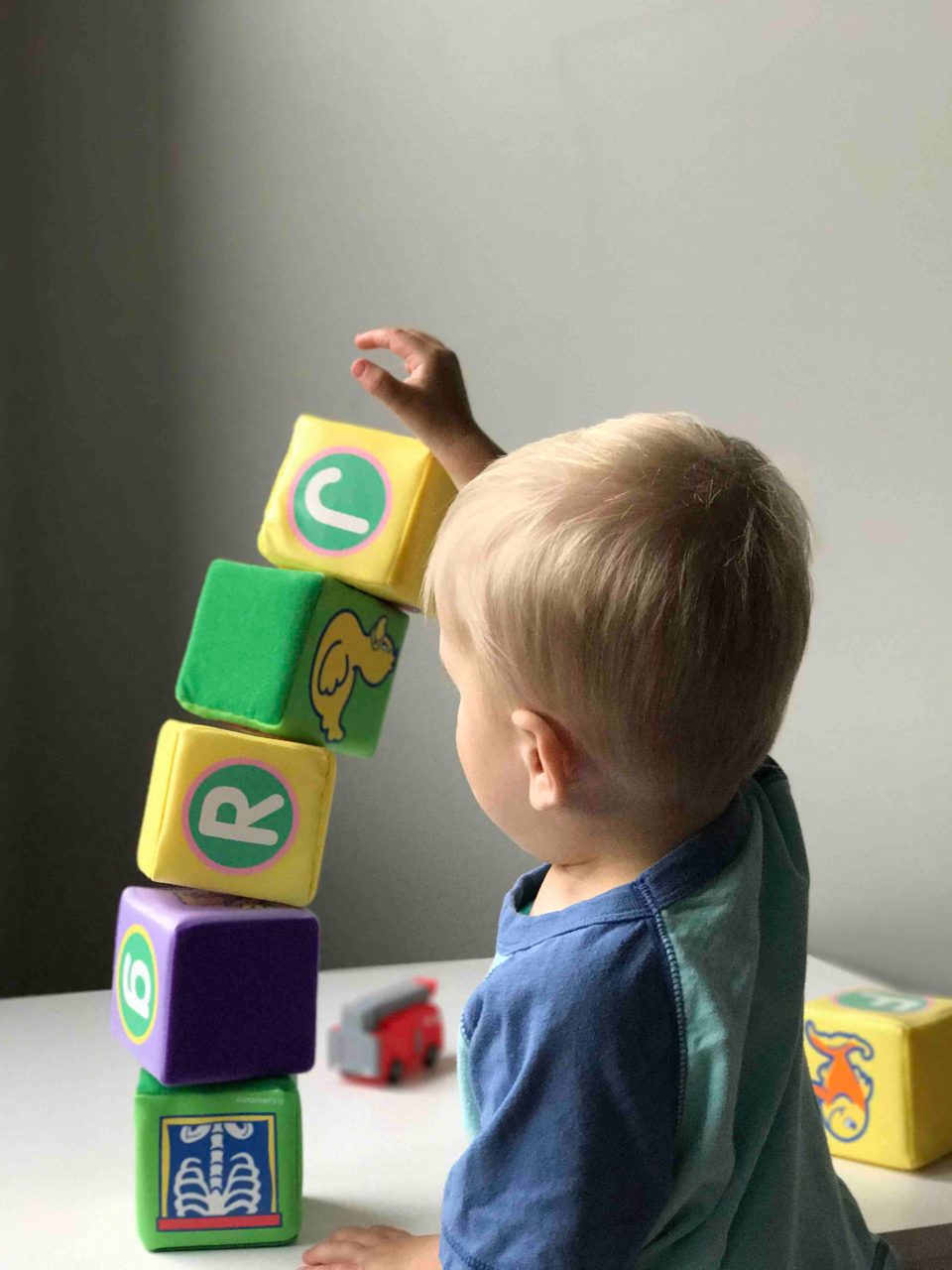
When to ask for help:
- If your baby is not pointing to show you objects by 10-12 months.
- If they can’t pick up objects with thumb and index finger by 9-10 months.
- If they can’t hold objects in 2 hands by 8 months.
- If they are not releasing toys without being forced by 9 months, not giving you a toy by 12 months.
- If they don’t play with cause and effect toys.
- If they don’t wave or clap hands by 10-12 months.
